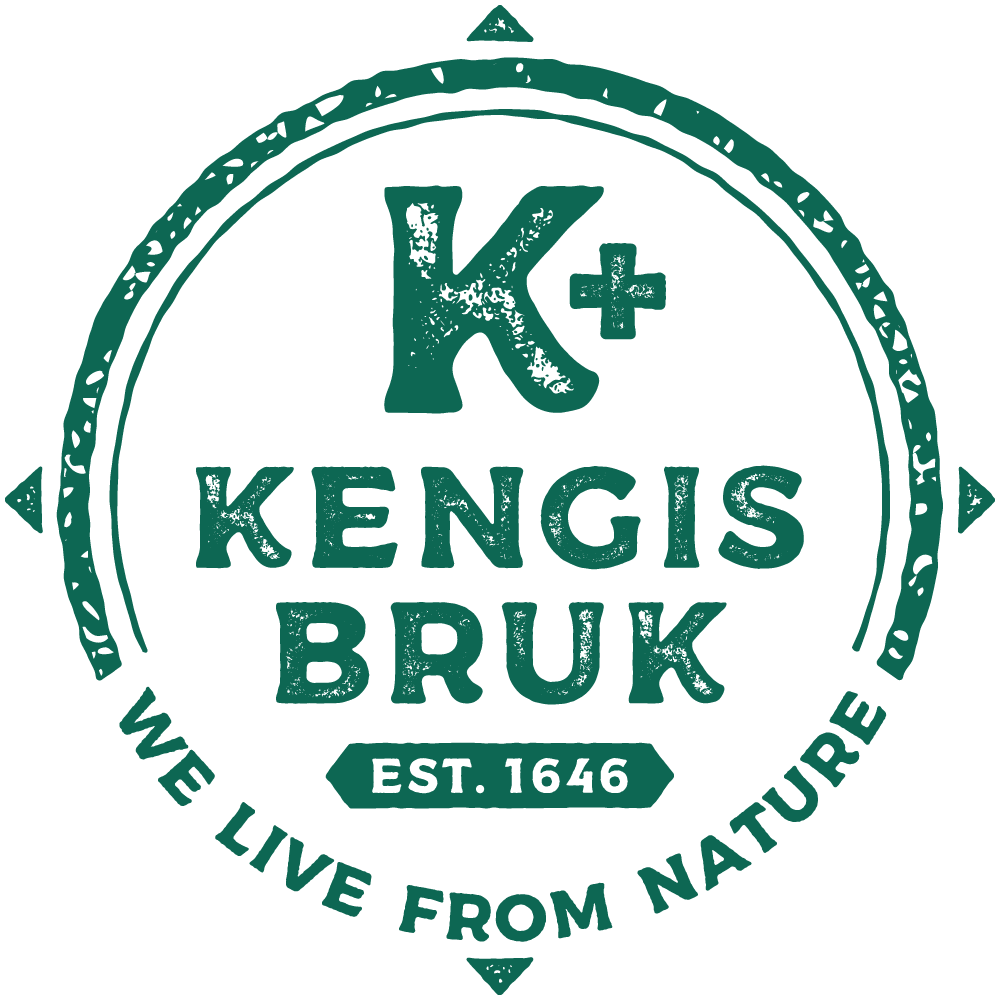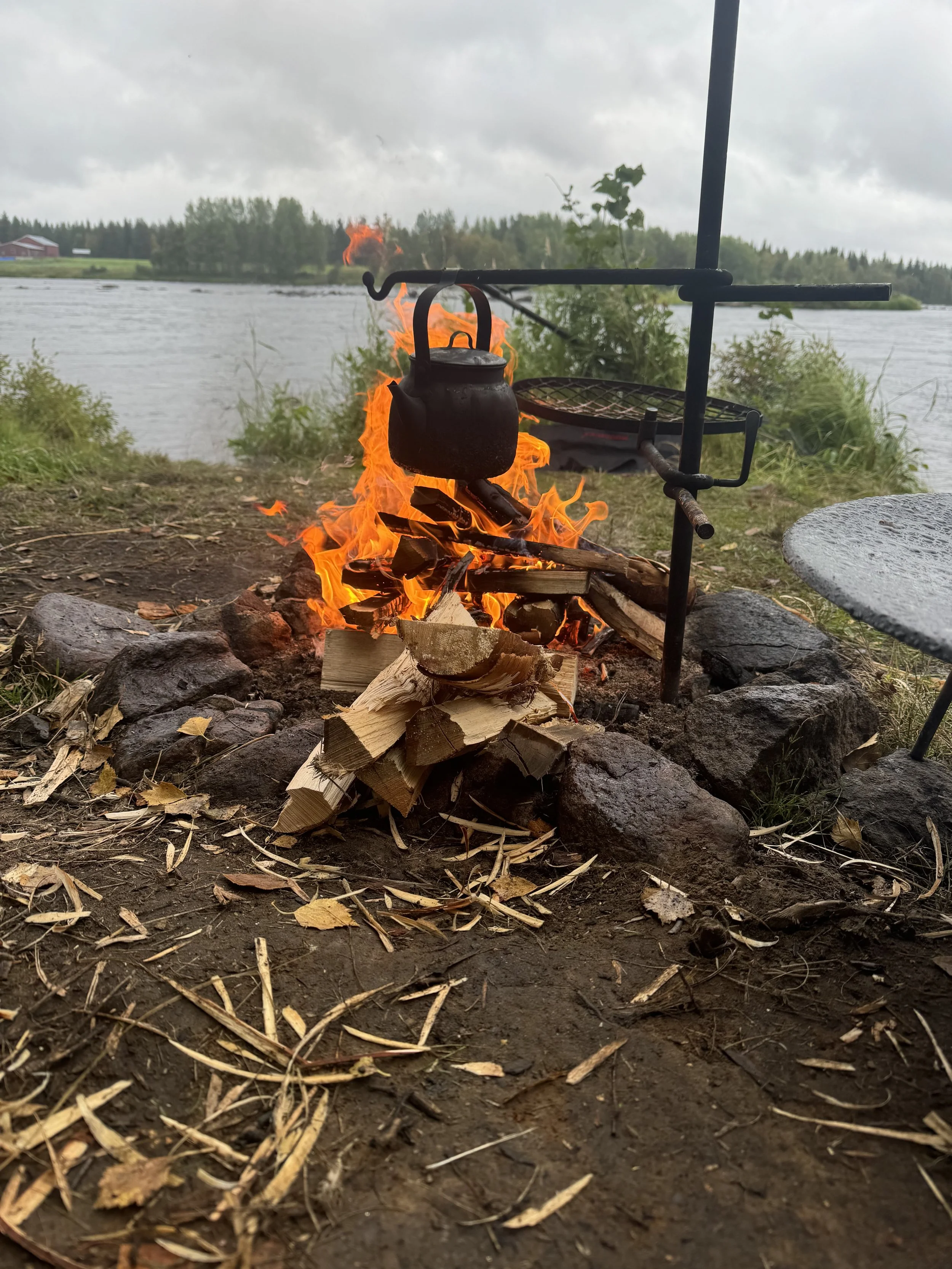Week 33 - Again, finally!
After a few slow weeks our guests finally landed fish again. Back to that later.
How do we look at the baltic salmon?
As food or as a resource? Ask yourself that question and share it with your friends and family. Why?
Talking about the future of salmon fishing, all fishermen can agree that the farmed salmon culture is not good for anything as long as it is based in the water. A Lot of the food to feed the farmed salmon is made from fish caught in the baltic sea, that makes the eco circle unbalanced in the baltic sea for our wild salmon.
Taking one food source from the Baltic sea making it food for a farmed fish that is not good for the wild fish in Norway.
And why should you share it with your friends and family? One of the most asked questions from people that are not into fishing is; “Did you bring home some fish?”
They see fish as food and not a resource. A resource that creates jobs and most of all experiences for people all over the world visiting salmon rivers all over the world. But as long as there is farmed salmon in the grocery store, it is easy to see it as food and not a resource that can be worth much more that the price of a kg price on the supermarket.
Think about it and share it.
Week 33 at Kengis Bruk:
This week we welcomed new friends and old friends for a good week at Kengis.
We saw more activity and fish were a little more active. There were high hopes for the week.
With the fire burning in the background and the smell of the good food prepared over the fire Tomas was the first to get in contact with a fish.
On the very top of zone 1, Upper neck he hooked and landed a decent size female fish in the last light of the day.
Great way to start the week for Tomas.
The evenings were the most active part of the day and between 21.00 and 23.00 we saw the most fish move and the most action.
The following days Tomas lost another fish and Åke lost a fish. Things were looking good for the week.
In difficult years like this, all fish counts and a week with three contacts is good.
Big waters require many fish and to find that few ones that want to strike the flies requires hard work and luck.
In this part of the season we usually see the fish stop and start to ting spawning ground, but with less fish in the system and quite warm temperatures for this summer things are a bit different.
We cross fingers that next week will give us some answers regarding the stationary fish.
Thank you all for visiting us, sharing good moments and for the hard work!
Tight lines!
Aslak
Photos: Tomas &, Christofer







